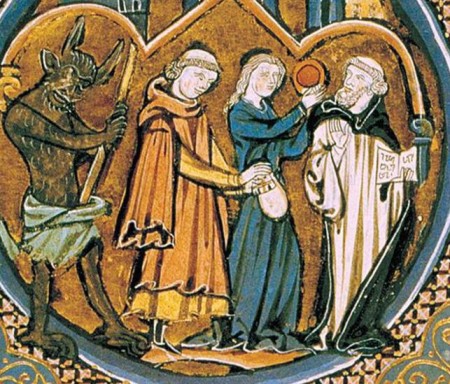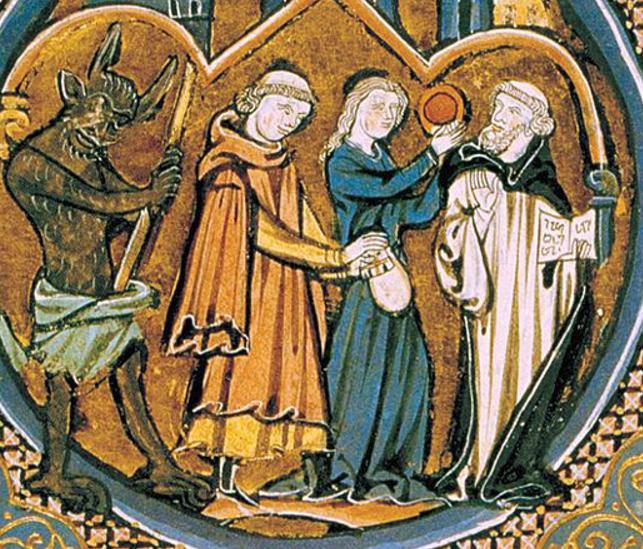Reflecting on the nature of conscience, and why we should sometimes treat conscience and other “negative” impulses as essentially the same so that we have a clearer awareness of what influences our decision-making process.

(Note: When I refer to “conscience” here, I am referring to impulses that pull and sway our decisions and influence our beliefs; something that we cannot really defend or explicate using rational arguments. These are impulses that have a sort of automatic obligatory force on our consciousness — eg, conscience in the form of a taboo, fear, attachment to a person or group of people, deference to a superior, etc. It is different from conscience in the sense of having arrived at a decision through deliberation and rational thinking.)
A friend who wishes to remain anonymous texted me this message, “… conscience does not prevent sin… It only prevents us from enjoying one… Heard this on Radio 4… Hmm…”
My answer to this is — In our mind there is you, the self, who makes subjective experience possible. “Subjective” here does not mean having an experience influenced by your own knowledge and belief. No, subjective here simply means being able to truthfully say that you see something, you are reading this, you are thinking. If the subject (ie you) does not exist, then you cannot have a subjective experience like you feel something, you see something, you think… in other words, Sum ergo cogito (“I think, therefore I am” — Descartes).
Other than the data perceived from the senses that the subconscious has filtered and interpreted for you, the subconscious also throws at you what we would call impulses, and one of these impulses is what we can call “conscience”. What this impulse does is that it makes us think a particular act is desirable or not desirable, and sometimes “conscience” is deeper in that it can associate an act as contrary to who we are or is deeply embedded in our identity, although this is untrue, the self is a clean slate, there is nothing outside of it that can be associated with it or be embedded in it.
So this is how conscience operates, when you do something that is against your conscience, at a milder level, you are made to think that the act you are doing is not desirable.
Lust, similarly, has the same effect on our mind. Say you are doing what you consider right, like restraining from pre-marital sex with your girlfriend or boyfriend — your subconscious mind will tell you that this is not desirable, you know you want it. Sometimes it can also work at a deeper level, it can associate a desire with the essence of your being or identity. Think Hugh Hefner, think Anthony Weiner. Not expressing this part of you makes you feel like you are restraining a part of yourself.
But these two are essentially impulses and with some imagination we can see how conscience can be as detrimental as lust. Recall how some people restrain themselves too much under the anvil of conscience — and the kind of self-denial that springs from such restraint. Why we call one impulse conscience and the other lust, is the result of our own labelling. That labelling comes from our own upbringing and the societal pressure that acts upon us.
So, though they are opposite forces in our mind, they are essentially similar. They are labelled differently as a result of cultural conditioning.
I think the ideal way is to be the master of these impulses, not by suppressing them, but acknowledging their existence and deal with them in a way that neither of these impulses is shortchanged.
Daniel is a law student who has just completed his final exams for LLB. He believes that conventional wisdom and values should sometimes be challenged to pave way for a frame of mind that is more congruent with reality.


Nice!
Thank you, Pepper :)